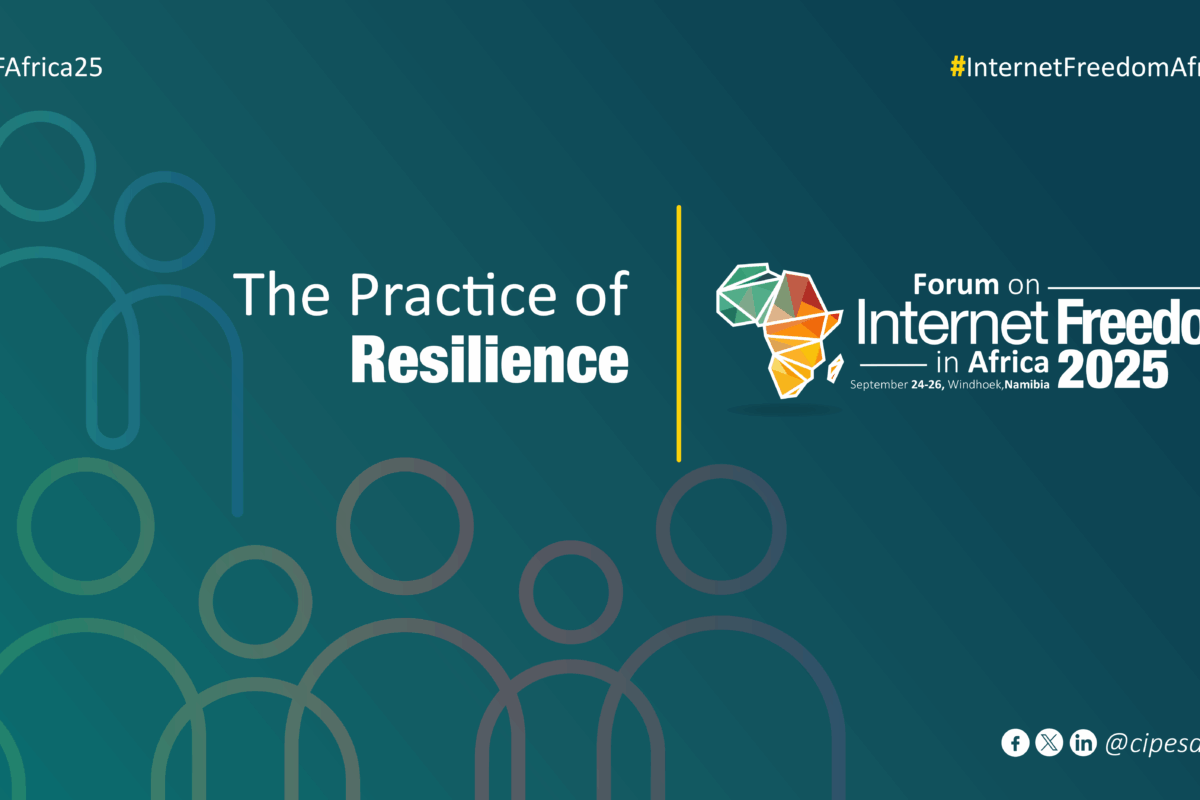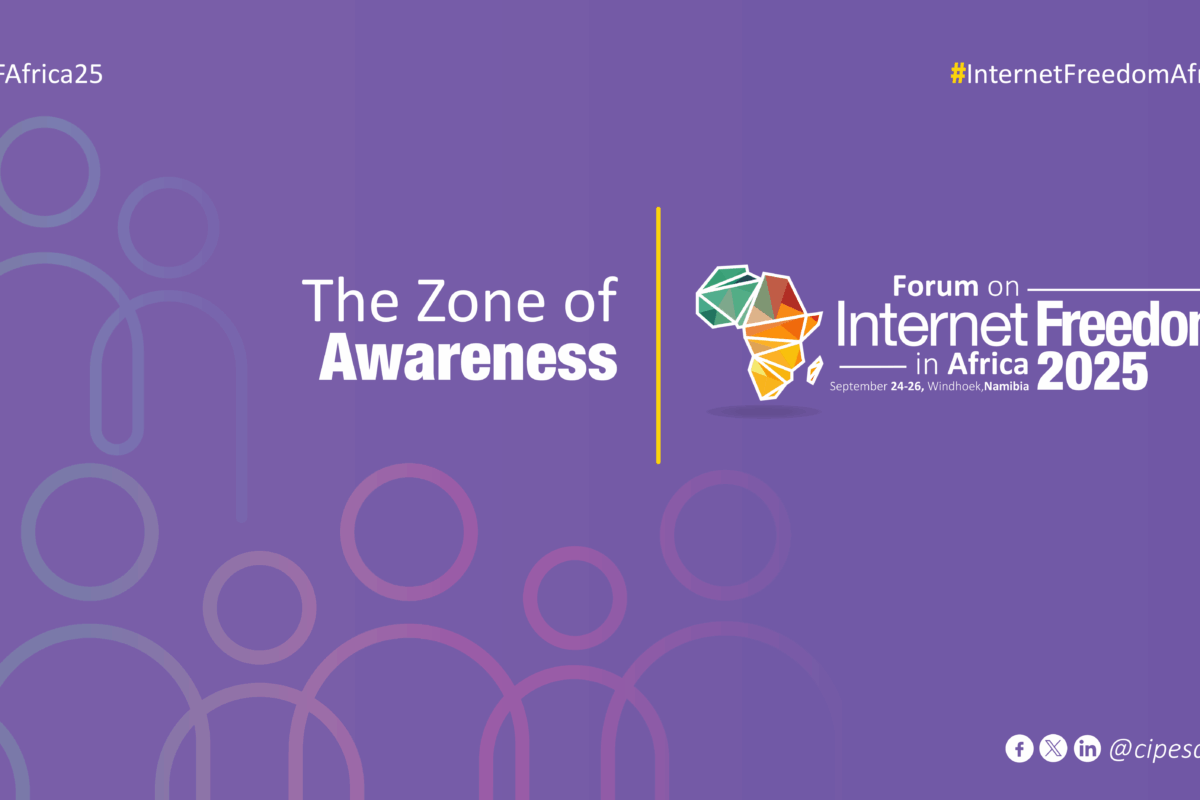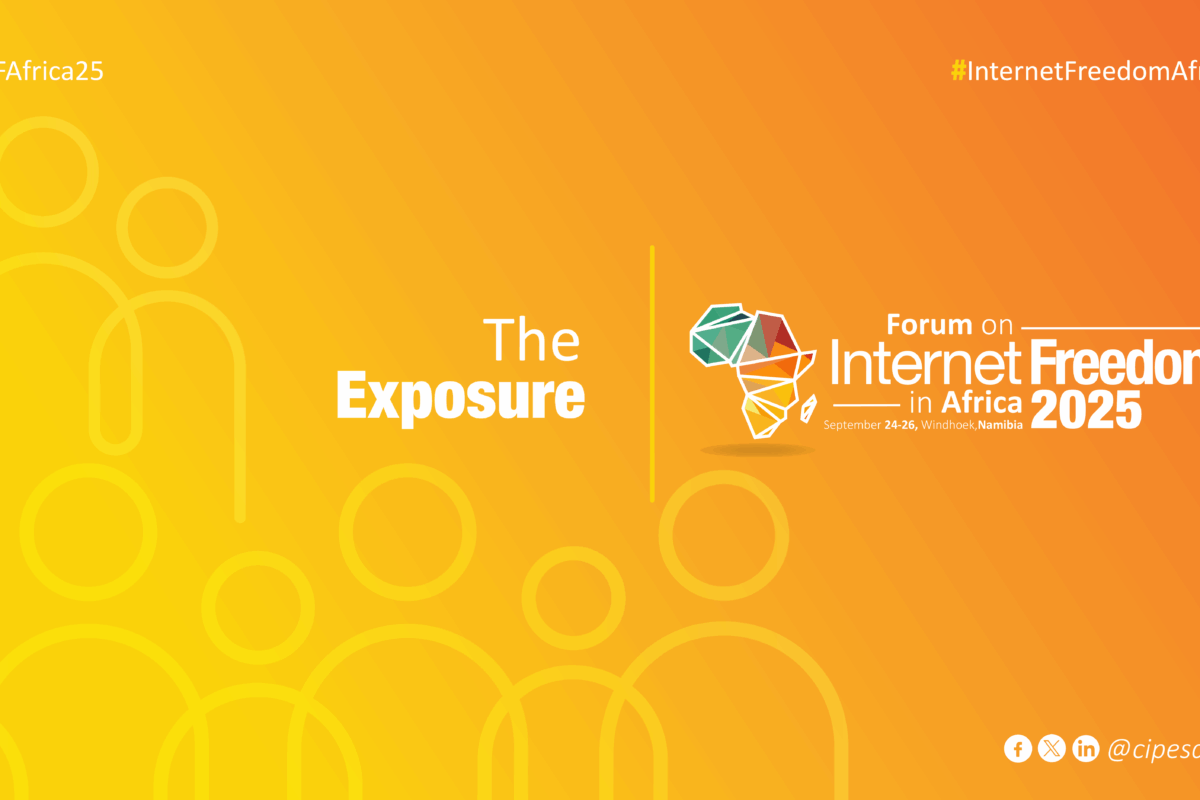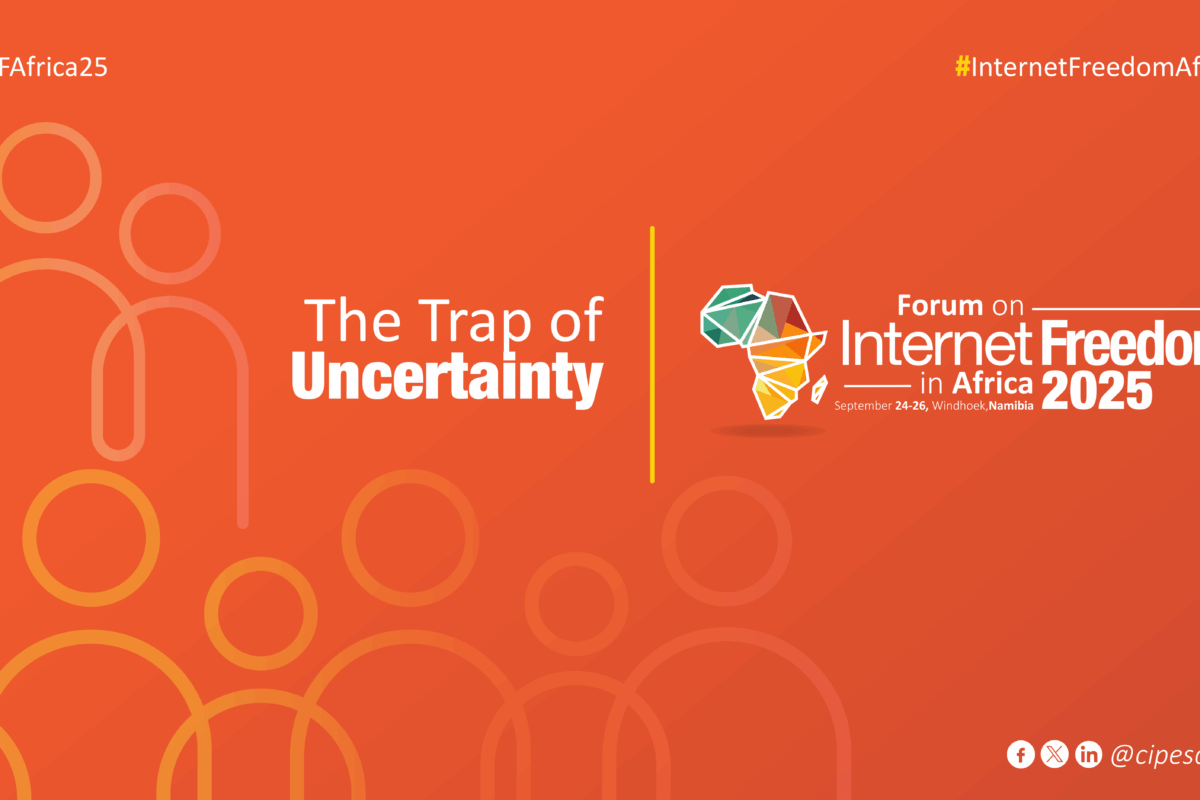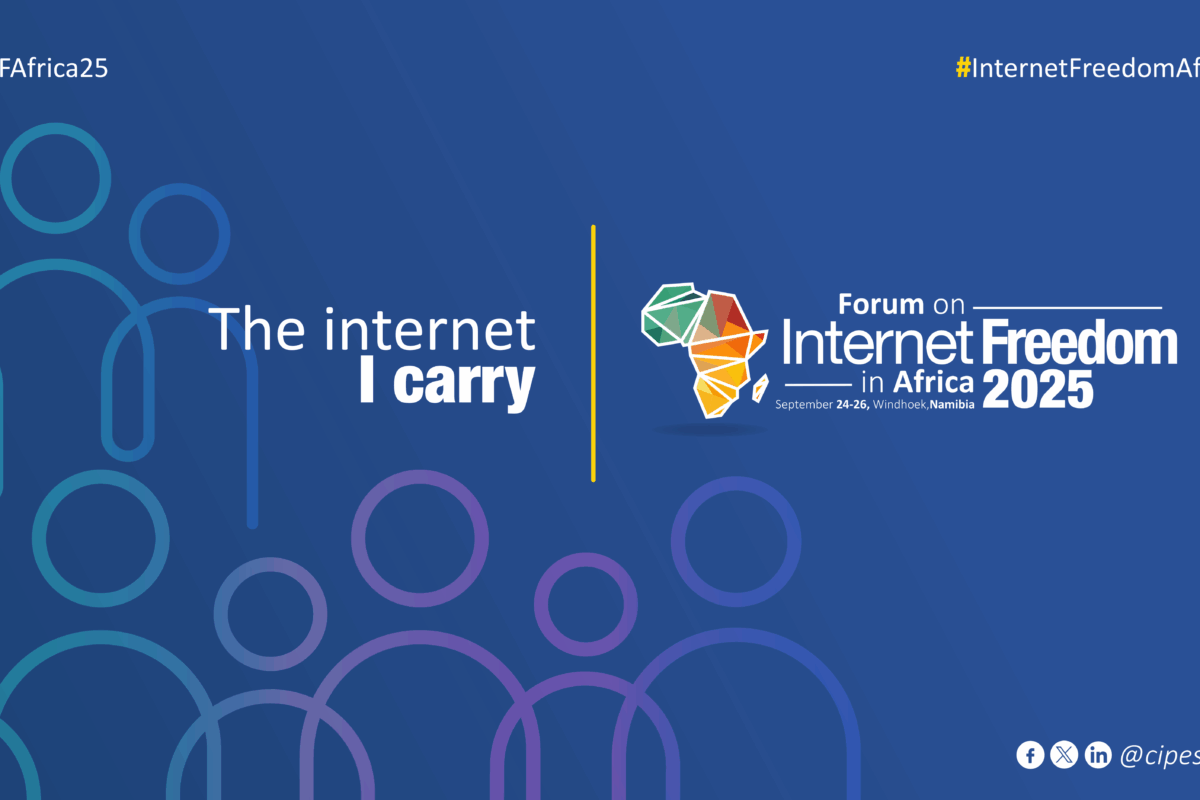FIFAfrica25 |
Theme: Building Our Digital Futures
In this zone, explore efforts aimed at showcasing the evolving African digital ecosystem. bridging the different communities of the digital ecosystem and why these communities of practice are important.
Exhibition name and exhibitors:
- Cosmologies of Internet Infrastructure – Three Visions to Bridging the Digital Divide | Afro Grids
- MobiMocc: Redefining Citizen–State Dialogue through Inclusive Consultation Platforms | Digital Woman Uganda
- Streaming the Future: Namibia’s Digital Economy and the Rise of Local Platforms | iBia TV

